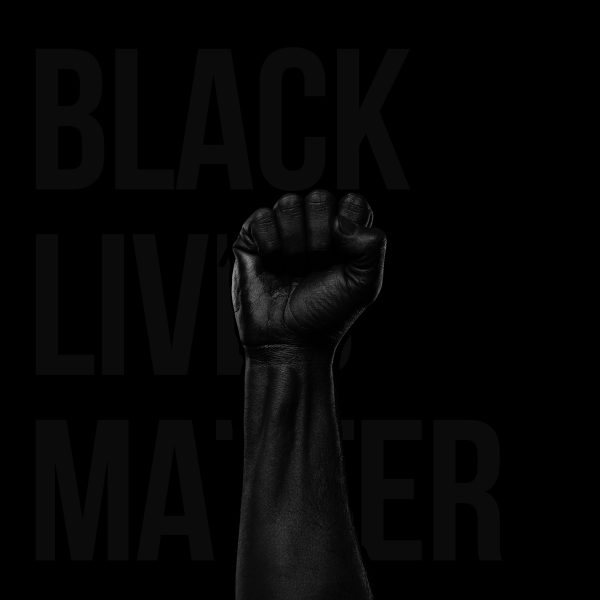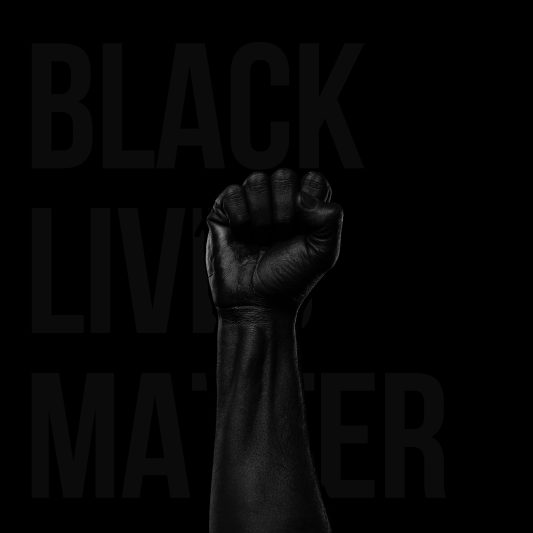By Angelo Boccato
Racial or ethnic profiling, that disproportionately targets minorities, is a practice police are often accused of using in the Global North. These practices are often left undeterred in part because of the way in which the media narrates the incidents and issue. .
In Italy, the an incident involving AC Milan player Tiémoué Bakayoko, being stopped at gunpoint in Milan on July 3, 2022, while the police were looking for suspects involved in a shootout the night before, seemed to not be enough to warrant a conversation about ethnic profiling in the media,. That was despite the player’s perspective being shared on his Instagram channel.

“When Bakayoko was ethnically profiled and stopped in a quite brutal way, there has been a discussion because activists and journalists like us who are focused on and cover these topics have raised the issue, but politicians have diminished the issue, pointing out that racism was not a factor in the episode. The reason why ethnic profiling is not discussed in Italy is because there is this intention of denying that Italy has a problem with racism,” journalist Luigi Mastrodonato tells MDI.
The project Profiling Inside Out aims to contribute to a change of tone in the conversation.
Profiling Inside Out, Occhio ai Media, and Account
The Italian youth-led media monitoring group Occhio ai Media (Beware the Media), based in the town of Ferrara, has started a project called Progetto Yaya with the Italian group Coordinamento per Yaya and the association Cittadini del Mondo . The project name is in memory of the late Yaya Yafa, a 22-year-old who died on 21 October 2021, after being run over by a van on his third day of work at Bologna’s inter-port.
The project aims to tackle the issue of racial profiling by providing a platform for those who have direct experience. d , Shazheb Mohammad of Occhio ai Media tells MDI that people will be able to share their testimonies of racial profiling in an anonymous way. .
“The two data that hit us immediately (as Occhio ai Media was monitoring the local media during the pandemic) were, on one hand, the fact that crime was associated with the GAD neighbourhood (a popular neighbourhood with a large population of African and foreign origin) and the second one was racial profiling,” Mohammad says..
The Yaya Project also works with a UK youth-led organisation, the Hackney-based Accountwhich scrutinises police in the borough. The organisations are part of a research project “Profiling Inside Out: Surveillance, Resistance, Collaboration”, supported by Goldsmiths University and coordinated by Dr.Alice Elliot.
“We had this opportunity with Goldsmiths University, with financial support. Actions of this kind need to start from the grassroots, and therefore if we are able to start this here, in a province town, then we can bring the practice to bigger towns, and cities,” highlights Mohammad.
The aim of Profiling Inside Out is to bring together an exchange and debate between two different realities in Italy and the UK around racial profiling in order to put together strategies and practices on how to tackle it.
“The Imaginarium of a White Italy has very deep roots. This view that as a person whose parents have a migrant background you have to work much harder and still face abuse shows an intensification of violence, and the fact that the majority of Italians do not experience this kind of abuse is also important,” says Alice Elliot.
“The murder of Federico Aldrovandi in 2005 (an 18-year-old from Ferrara, who was beaten to death by four police agents after being stopped by them) is another case that has marked significantly the lives of the people of Ferrara,” Elliot adds.
Artificial intelligence and racial profiling in Italy
In Italy, Minister of the Interior Matteo Piantedosi has debated the introduction of facial recognition cameras in areas like train stations and other public areas, a troubling idea that critics say would infringe on privacy and create a mechanism of constant surveillance.
“There are no data or studies in Italy around racial profiling, the topic is ignored as if it did not exist, and the only study on the issue has been made by the European Union Agency for Fundamental Rights (EUFRA) in 2018, Being Black in the EU. According to the study, in 70% of instances, non-White people who have been stopped in 2015-16 in Italy have perceived that they had been racially profiled,” highlights Mastrodonato.
“The problem exists, and the use of predictive AI tools applied to policing practices in such a context is dangerous. The software Giove, which use is being discussed, uses past data to make predictions about where to intervene…but if there is a certified context of discrimination using this data to create an algorithm that works automatically, directing police activities means replicating these discriminations infinitely. When it comes to cameras, AI in a context like the Italian one is more used to working around white profiles and therefore when it comes to non-White ones, the margin for error would be more significant,” Mastrodonato adds.
The evidence on this front is abundant from the US and UK, and changing the conversation around ethnic profiling in the media and researching the issue in more detail will provide journalists, activists, and civil rights organisations with stronger assets and arguments to tackle these practices, in Italy and beyond.

